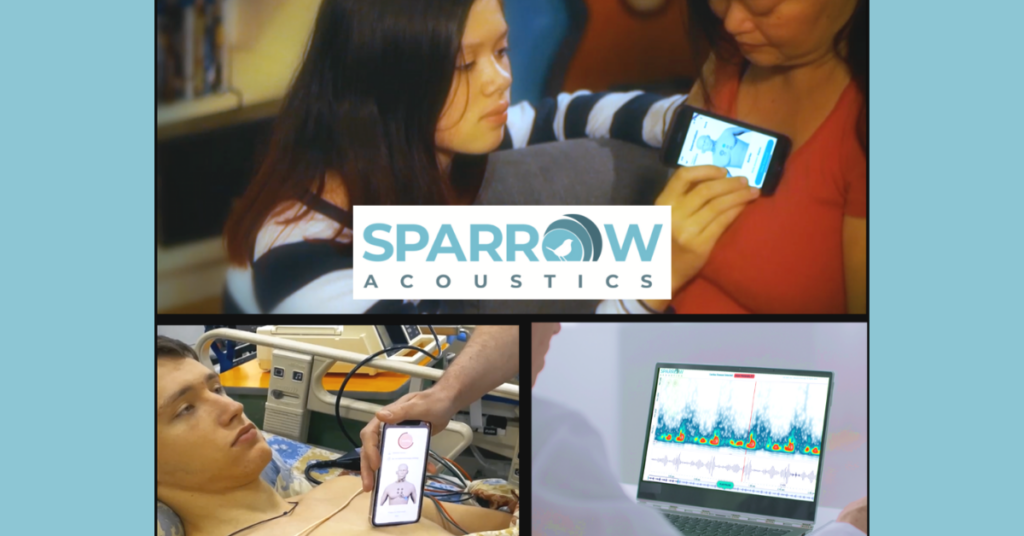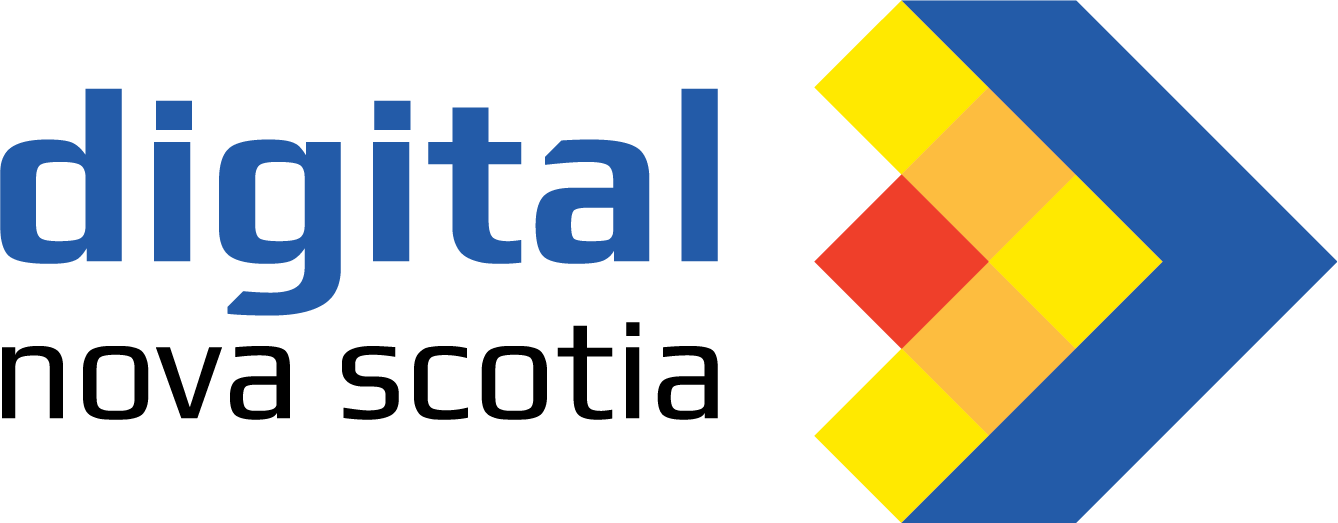
November 1, 2021
Imagine that your smartphone could be used to listen to your body sounds, like a stethoscope. And that your doctor or specialist could listen to clear recordings of your heart and lungs without you even being in the room. Now imagine if machine learning could be introduced to help flag early signs of heart and lung disease, giving people everywhere a way to access more proactive care before things get critical. Sparrow is working to make this a reality by bringing some exciting new technology to the table.
Sparrow is a bioacoustics, digital healthcare company. It was formed in 2019 by bringing together medical experts with engineers and researchers with specialized experience in bioacoustics. Sparrow’s new CEO, Mark Attila Opauszky, was previously the founder and CEO of PathFactory, an AI powered, Intelligent Content Platform.
“Simply put, I fell in love with the problem that Sparrow is pursuing: How to help millions of people live better lives by making it possible to detect progressive conditions like cardiovascular and pulmonary disease at scale.”
– Mark Opauszky, CEO
Sparrow is gathering heart and lung sounds from patients and applying its proprietary sound processing algorithms. The technology makes it possible to take chest sounds recorded using ubiquitous devices like mobile phones and process these digital sound files, making them medically useful and machine readable. This technology has the potential to turn hundreds of millions of mobile phones into high-end stethoscopes able to connect with primary care physicians and specialists, providing access to faster assessments and earlier detection of abnormalities.
Medical science has tests for heart and lung conditions, but they are relatively expensive and require patients and doctors and equipment to all be in the same place at the right time. Not surprisingly, the health care system tends to only focus those resources on people once they are actually symptomatic and suffering. The impact and cost of many diseases can be minimized if detected early and Sparrow wants to help fill that gap for a lot of people. Mark Opauszky was drawn to this company because of the magnitude of the need.
“One study stated that there are 100 million people in North America with some form of progressive cardiovascular condition, and most of them remain undiagnosed and underserved medically. Especially those people who may not have equal access to health care. So there is a big gap here and Sparrow thinks it can help fill it. Sparrow is finding ways to start detecting these conditions before they become critical, and we can use technology to make it accessible and scalable to large populations.”
Opauszky says the problem they are attacking is a huge undertaking, so they won’t be doing it all by themselves. He also shares that the response to their work has been amazing. In part, he thinks, because Sparrow is on the right track with their approach, but also because so many people and their families have been touched by cardiovascular and pulmonary disease in some way and share a belief that health care can be better.
If you find this all as fascinating as we do, learn more about Sparrow and their team here!
